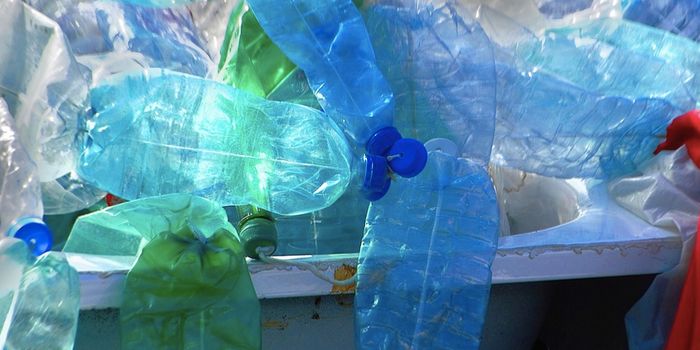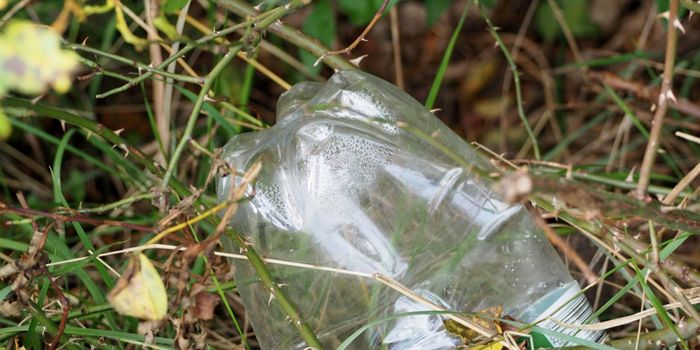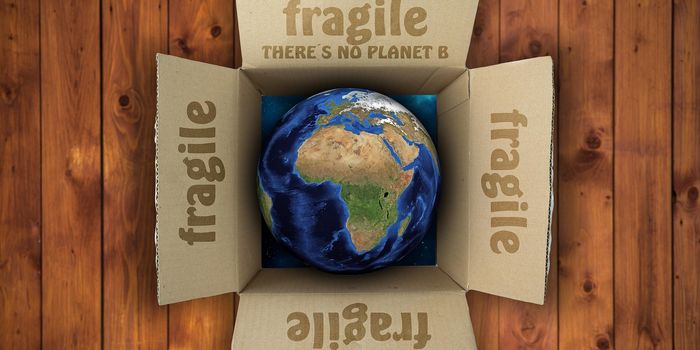For several decades now we have been living in an age where humans are the deciders of fate for other species. Whether a species will be deemed worthy enough for protection of its body and its habitat is largely in the hearts, hands, and votes of our own species,
Homo sapiens. The
Pholidota manidae, have recently won our imperative legal support for protection from all of the illegal activities that surround these species.
The decision came last week when the CITES committee recommended transfer of all eight pangolin species to Appendix I, giving them full protection against international trade. Pangolins are currently the world’s most trafficked animal, with 1 million pangolins having been trafficked illegally in the last 15 years, according to WildAid. And that only includes the animals that have actually been intercepted, often in shipments measured by the ton. Perhaps 10 times that number has been trafficked, said Peter Knights, executive director of WildAid.
"People basically get a slap on the wrist" for trafficking pangolin under current regulations, Knights told CNN reporter John D. Sutter, who covered the story. But now because of the pending change in the species’ CITES listing, in China, which is thought to be the biggest market for illegal pangolin products, pangolin traffickers now could face 10 years in jail, he said.
Pangolins are trafficked largely for their meat, which is considered a rare delicacy, and scales, which are used in traditional medicine in Vietnam and China.
WWF issued the following statement from Ginette Hemley, WWF head of delegation to CITES CoP17:
“This is a huge win and rare piece of good news for some of the world's most trafficked and endangered animals. Giving pangolins full protection under CITES will eliminate any question about legality of trade, making it harder for criminals to traffic them and increasing the consequences for those who do.
But this fight doesn’t end here. The parties must move swiftly to enforce the decision. Illegal trade will continue to threaten pangolins as long as demand for their meat and scales persists. We need to strengthen anti-poaching and anti-trafficking efforts, and continue to reduce demand for illegal wildlife products in countries like China and Vietnam. Today is a major step forward for conservation. But only if countries act on the resolve they’ve shown today will pangolins be given the chance to survive and lose their tag as the world’s most trafficked mammal.”
Hemley’s words ring loud, because although the CITES recommendations are a great step forward, but the rules won't be enough to save the pangolin on their own. Conservation groups must continue to try to make the use of pangolin products unfavorable in Asia, and part of this comes from awareness. So, spread the word!
Sources:
WWF,
CNN,
FWS









